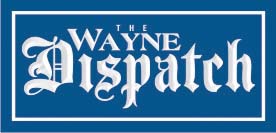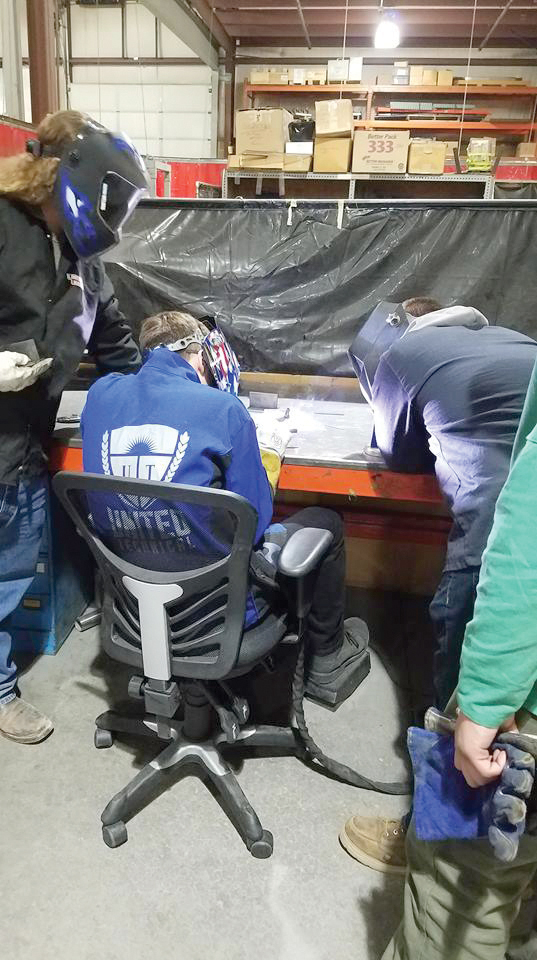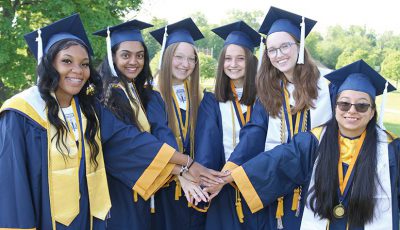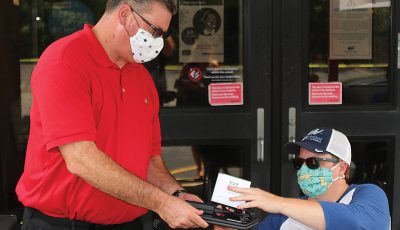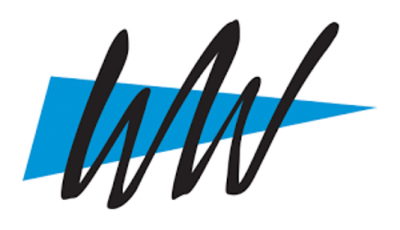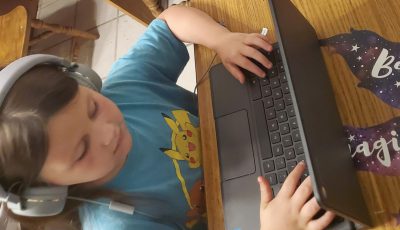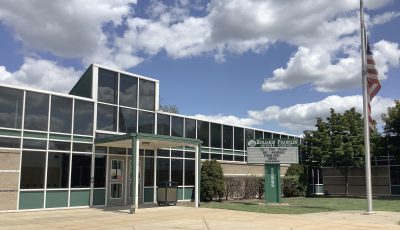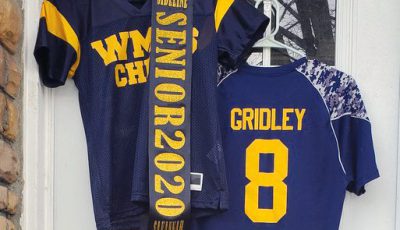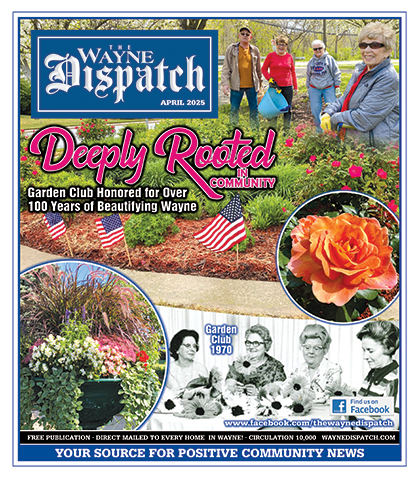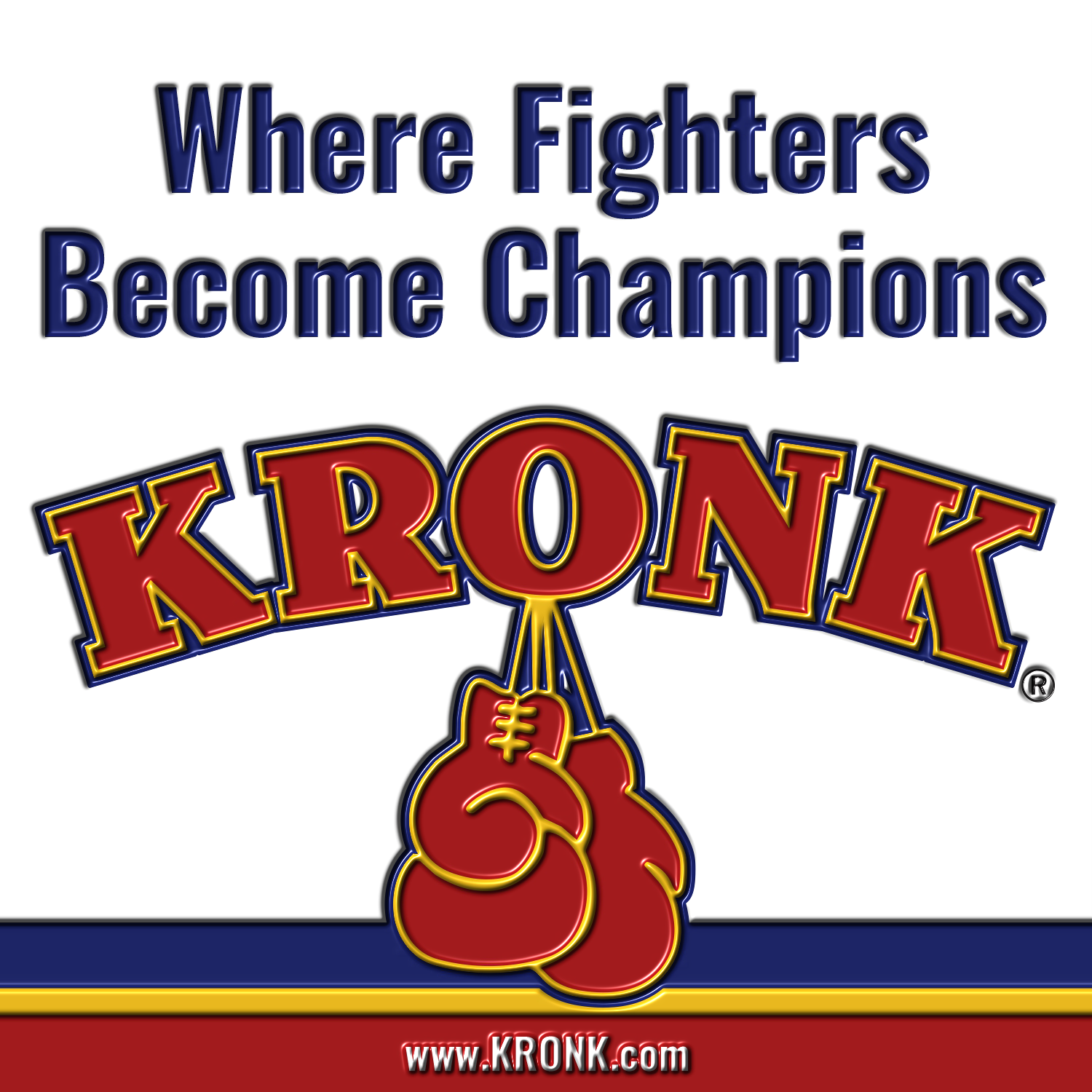Helping students soar to new heights
By Carolyn Marnon – Connecting. Modelling. Joining. Shaping. Bringing together. Uniting. All these words are related to the word “welding.” They can also be used to describe what happens in the welding classroom at William D. Ford Technical Center, part of the Wayne Westland School District.
Nick Regets is the teacher in charge of the welding classes. He does all he can to teach the students welding as well as show them further opportunities for learning once they are outside the classroom.
Several times a year, the students take a bus trip to a local college. At Schoolcraft College, college advisors are on hand to talk about classes, how to earn credits with dual enrollment, allow the students some time to weld in their lab, and hold a mini competition to test skills taught in the classroom. At Washtenaw Community College, students attend an all-day competition with about 8-10 other high schools where they can win welding machines and helmets. Sometimes even scholarship money is available. Mr. Regets can only take 30 students to the competition, so he is watching for students who show up to class all the time and who would care to actually be at the competition.
Yes, there are kids in the welding class that don’t have a passion or interest in welding. They took the class thinking maybe it would be an easy A. “This is a hard class,” says Nick. Students have to learn theory and process before they ever get to touch the equipment. Much of the math involves Algebra 2.
Nick is proud of his 13-year relationship with Woolf Aircraft, located in Romulus. He takes his students there every December to show them around the facility. Students have the opportunity to weld with career welders and to see all levels of manufacturing from design to prototype to out-the-door. Woolf Aircraft also holds a competition in April just for his students with anywhere from one to five prizes. The students earn points through various events. Solving a math problem earns points. Two teams face off in a game show format regarding employability. Small groups gather to do critical problem solving with equipment and finally, there is a welding task where they are given so many minutes to complete the task. Nick is grateful for this partnership with Woolf as they donate parts, labor and equipment and even shut down the facility the day of the competition for his students.
In the end, Nick tries to make his students good human beings. He tries to teach them ethical behavior, responsibility, accountability and how to support each other. “Maturing and growing up is a process,” he says.
Jacob, one of Nick’s students, says Mr. Regets is “making kids accountable.” Jacob is the foreman of the afternoon class. His responsibility is to teach the other students how to fix machines and how to clean them every week. He says the classroom is set up like a real working environment. A former student and 2016 graduate, James Bedzyk, stops by to get advice and support from Mr. Regets. He was getting ready to do a weld test at Woolf Aircraft in the coming days. He commented, “They (Woolf) seem top of the line with what they do.” Nick says James has been reliable and committed. James admits he joined the welding class as a joke. Others had told him the class involved fire and sparks and he could earn over $125,000 a year in a career. He said the class was no longer a joke to him “when someone told me I was doing a good job.”
Those students who gain advanced skills during the year have the opportunity to participate in the Lincoln Electric Competition. Students must submit a CAD drawing, an introduction stating what they are going to do, a list of safety procedures to follow, a materials list, a list of the steps used to build their project and pictures to prove they did the project. The submission is due in June and judging takes place through November.
As he talks about his students and all that he tries to provide for them in terms of welding, much of the time he comes back to talking about being a role model, providing a positive environment where students can learn, helping students strive to be better and in general, just how to be good citizens. Welding. Connecting. Modelling. Joining. Shaping. Bringing together. Uniting.
